Lützowstraße 42
10785 Berlin
Germany
The history of the Antiquarian Bookshop Emanuel Mai is based on three generations of a Jewish family: the founder Emanuel Mai (née Maier, 1812-1897), his son Max Mai (1842-1909) and his grandson Ulrich Mai (1873-1964).
In 1836, Emanuel Mai, a native of western Poland, opened his own antiquarian bookstore on Friedrichstrasse. His naturalization certificate of Sept. 25, 1840, states that "the Jew Emanuel Mai" could live in Berlin as a citizen under the Prussian Jewish Edict of 1812. When he died at the age of 86, the "Königlich privilegierte Berlinische Zeitung" described him in an obituary as the "most venerable citizen of the city" and the antiquarian bookshop as being of great importance for German collectors and lovers of old rare prints. After his death, his son Max Mai continued the flourishing family business. In the third generation, Ulrich Mai, who received the patent as royal court antiquarian in 1911, became the owner of the antiquarian bookshop.
The antiquarian bookshop in Lützowstrasse opened in 1916, and in addition to ornate advertising cards displayed in the salesroom, catalog directories of the stock were handed out to potential customers. The catalog copies that can be viewed today, however, were used by the antiquarian bookstore itself, recognizable by the bound, lined pages with notes about the clientele. The information is scarce, so next to a copper engraving is only the name Schwendt, Laudeu. They document a wealthy aristocratic and upper middle-class clientele from all over Germany. The antiquarian catalogs also list many expensive goods. For example, the inventory included prints by Rembrandt that cost up to 9000 marks.
For almost a hundred years, until 1936, the antiquarian bookshop existed in Berlin under the family name Mai. In 1937, Ulrich Mai, who had served as a soldier in World War I, was banned from trading by the Nazi regime, which led to the closure of the antiquarian bookshop and the family's emigration to New Zealand in 1939.
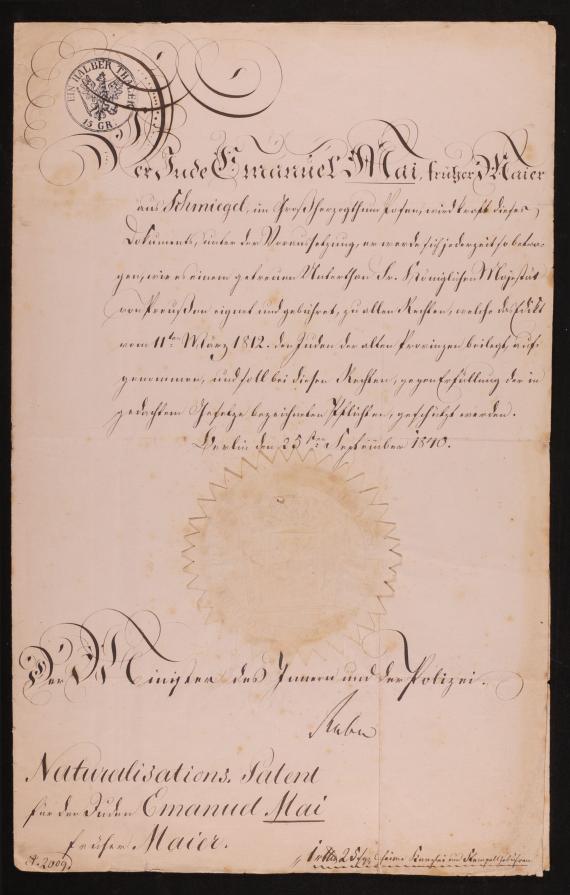
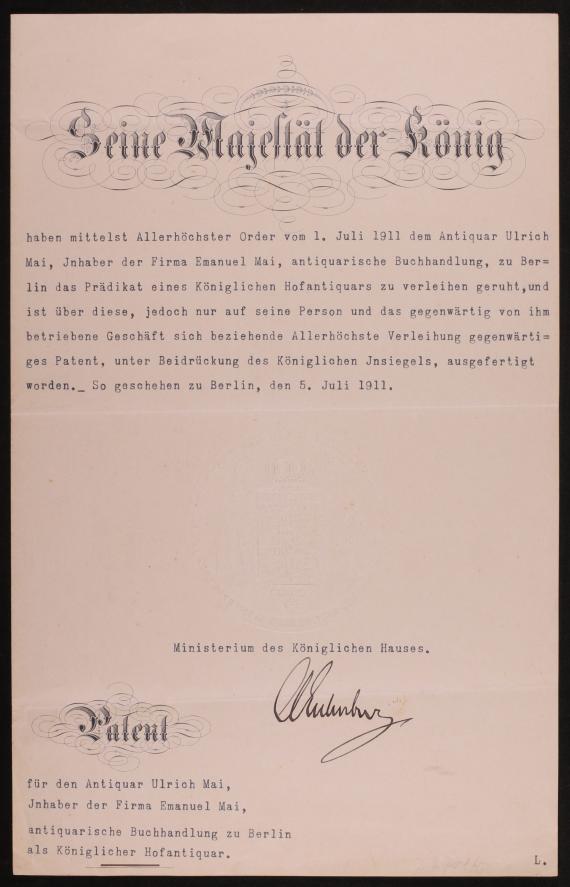
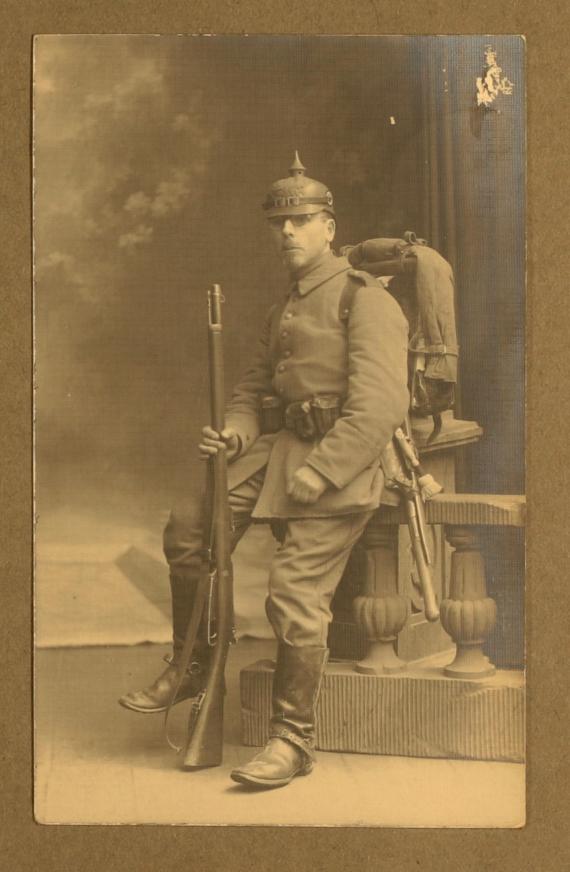
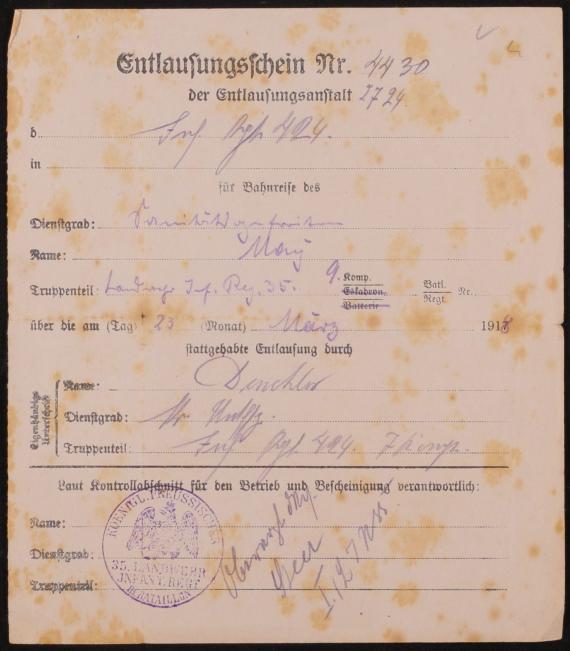
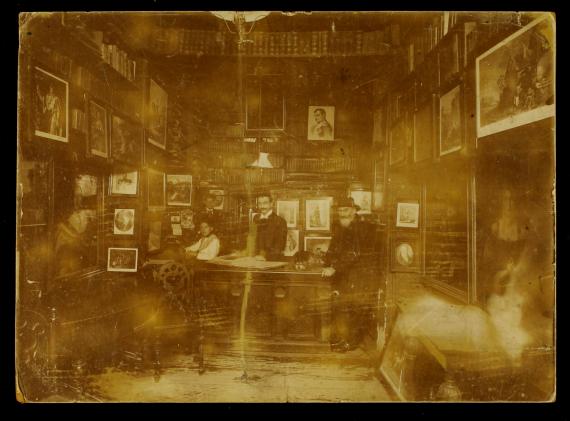
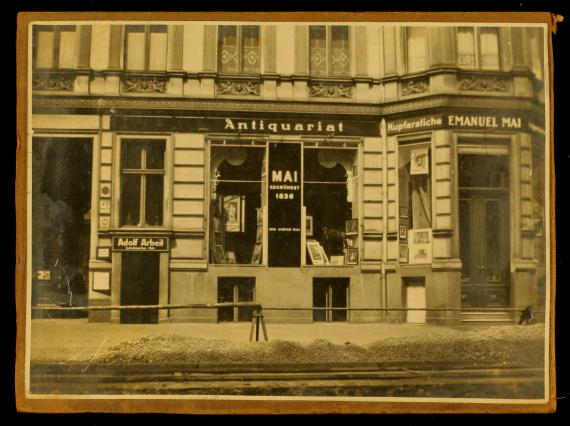
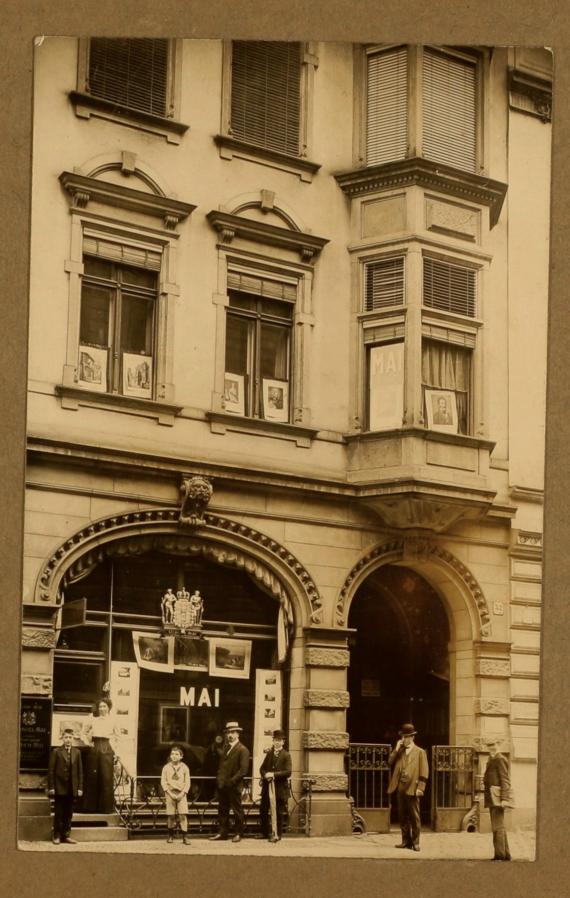
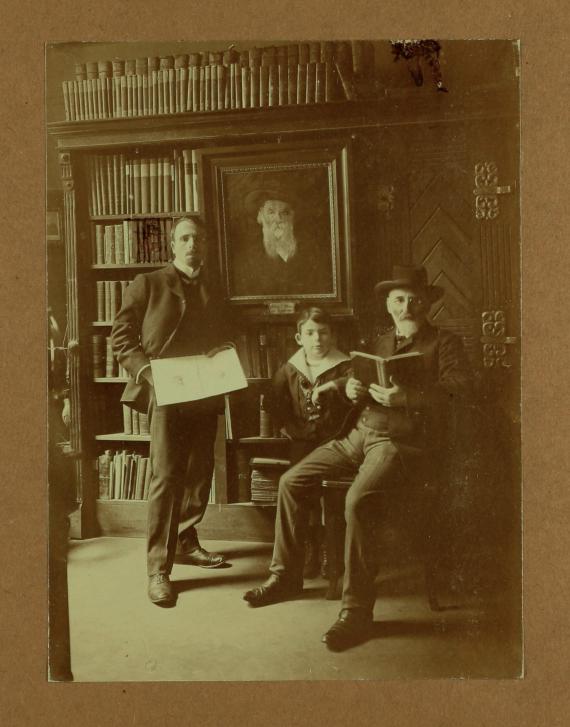
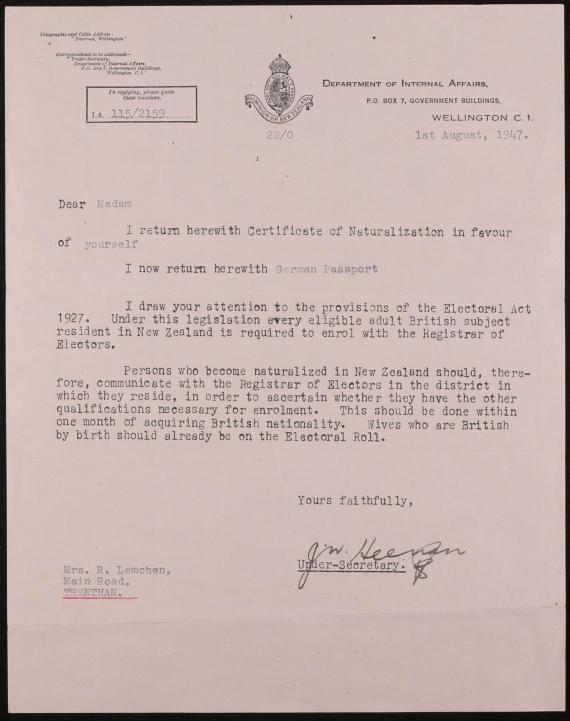
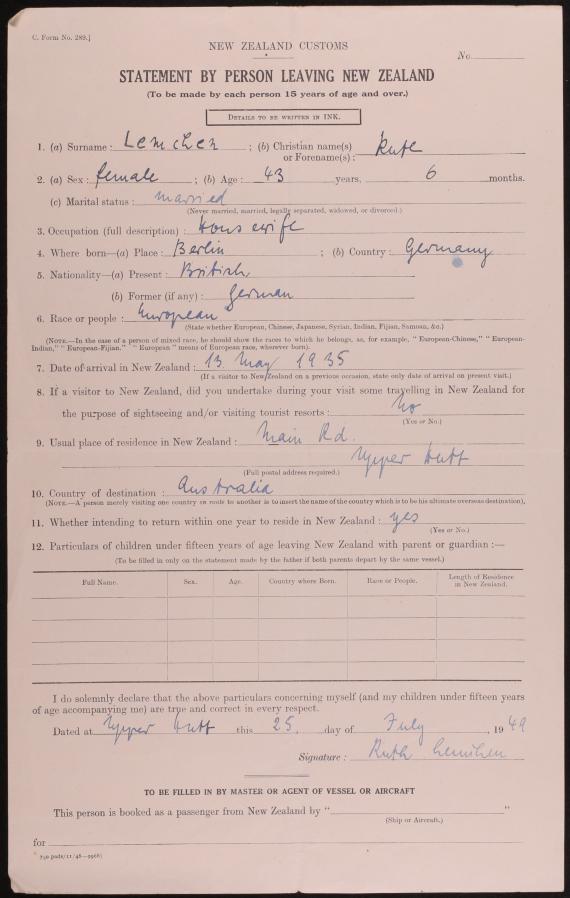
Add new comment